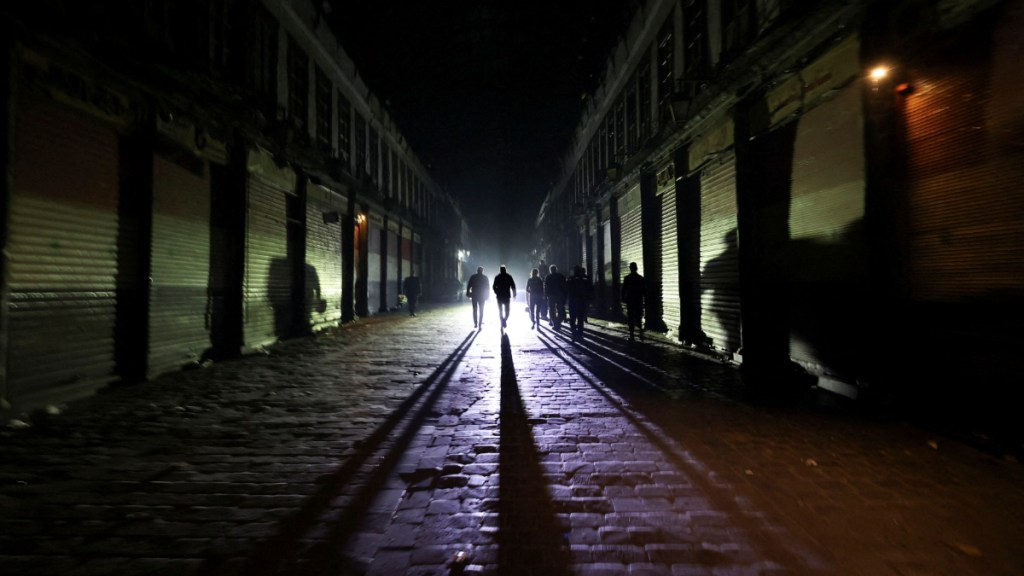After the fall of former president Bashar al-Asad, people from all over Syria rushed to Saydnaya Prison, a place near Damascus, infamous for its brutality. It was once called ‘The Slaughterhouse’. For two days, families of prisoners secured the prison hoping to find their loved ones who had disappeared years or even decades ago into the dark and secretive depths of this prison. But on Monday, their hope turned to despair.
As the people opened the gates of the prison in Syria, they found the cells to be empty. Men armed with sledgehammers, shovels, and drills were seen smashing through floors and walls, convinced that there were hidden dungeons or secret chambers somewhere. They reportedly heard sounds and followed them, but did not find anything. The previous day, insurgents had freed dozens of prisoners when they took control of the prison after Damascus fell. But since then, no one else had been found.
One of the family members was searching for her brother, who had been detained in 2011, the year protests erupted against Assad’s regime. She didn’t know the exact reason for his arrest, but for 13 long years, she had been searching for him. When the insurgents took Aleppo, she prayed they would reach Damascus and open the prison doors. But now, as she walked through the empty halls of Saydnaya, her hope faded. She broke down in tears, asking where is everyone.
Even the civil defense workers helping with the search were puzzled. They didn’t understand why no more prisoners were turning up, though some believed fewer people were being held in the prison in recent weeks. Amnesty International once estimated that 10,000 to 20,000 people had been imprisoned there, with many subjected to mass executions, torture, and starvation.
As the search continued, hope and disappointment clashed. Rescue teams scoured every inch of the prison, using everything from floor plans to search dogs. They checked every vent, shaft, and sewage opening, but there were no answers. Even with the help of a prison electrician who knew the layout, they found nothing.
The streets around the prison were filled with people searching for any clue of their loved ones. Throughout the prison, there were names written on walls, and documents scattered in yards and kitchens. Families combed through them, hoping to find their relatives’ names, but they found little. A protest even broke out as men demanded to see the prison warden, believing someone must know the truth.
One of the freed prisoners, Firas al-Halabi, shared his horrific experience. He had spent four years in a small cell, surviving on little food, suffering from tuberculosis, and enduring constant torture. He described how guards beat prisoners for the smallest infractions, even for praying. He believed he would never see freedom, but when he was freed, he could hardly believe it.
As the sun set, rescue teams brought in an excavator to dig deeper into the prison. But when night fell, the White Helmets (Syrian Civil Defence volunteer organisation) officially ended their search. They had found no hidden cells or chambers, leaving the families with nothing but questions. In a final statement, they expressed their deep sadness and shared in the disappointment of the families, who still didn’t know the fates of their loved ones. The search for the missing continues, but the truth remains buried in the dark corners of Saydnaya.
(With Reuters Inputs)

